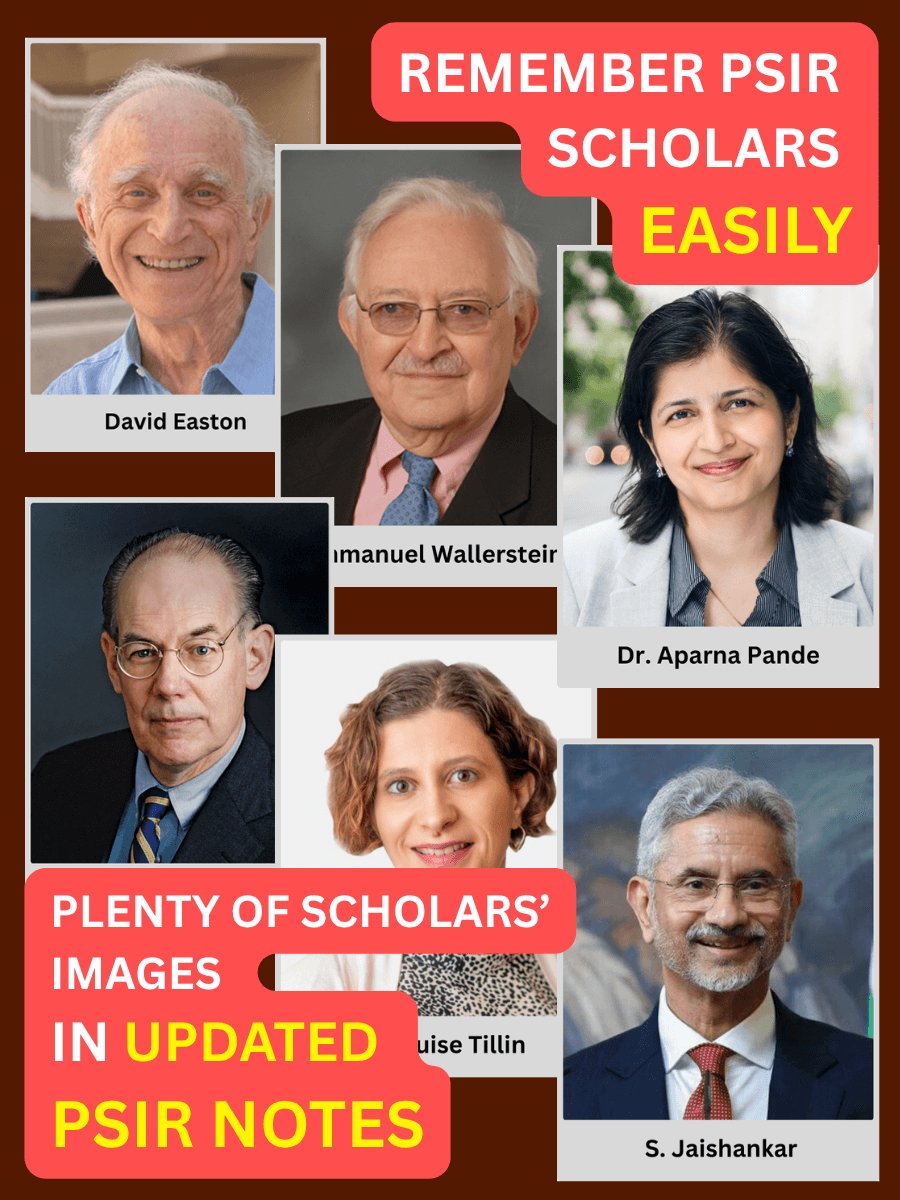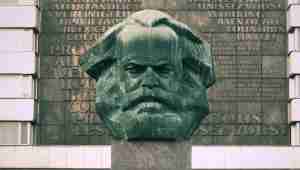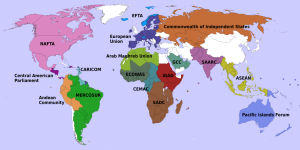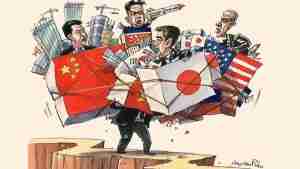Security is also the core concept in the theory of international politics. We can call IR theories as security theories.
There are different schools of security and the basic debate among the schools is on
- Whose security is important? (territorial or human)
- Security from whom? (state itself or non-state actors)
- Security of what? (life, culture, environment etc.).
1] Two types of Theories
A] Instrumentalist Theories
The instrumentalist theory of security refers to the idea that security is not an end in itself, but a means (instrument) to achieve other goals, such as survival, stability, prosperity, or political power. The mainstream theories like Liberals, Marxists and realists are instrumentalists approaches.
B] Reflectivist Theories
Reflective theory of security is called so because it involves a deliberate reflection on the meaning, construction, and usage of the term “security” in international politics. Unlike traditional theories that assume the meaning of security, reflective theory asks how and why certain issues are framed as security threats, and who benefits from such framing.
For Reflectivist theories, security is not fixed; it is socially constructed and depends on how actors perceive and define threats. For example, a state may feel threatened not because of real danger, but due to identity, history, or political framing. They focus on ideas, norms, values, culture as a means of acquiring security. e.g. Feminists, Critical school, Social constructivists and Copenhagen school.
| Aspect | Instrumentalist Theory | Reflectivist Theory |
| Nature of Security | Objective, material, and measurable | Socially constructed, interpretive |
| Purpose of Security | Security is a tool (instrument) to achieve survival or power | Security is a process shaped by ideas, identity, and discourse |
| Source of Threats | External and material (states, weapons, geography) | Constructed through language, narratives, perceptions |
| Actors Involved | State-centric | Multiple actors (state, society, individuals, identity groups) |
| Key Focus | Power, deterrence, military strength | Norms, identity, securitisation, de-securitisation |
| Policy Approach | Arms buildup, alliances, border control | Dialogue, reframing threats, human security |
| Theoretical Base | Realism and Neorealism | Constructivism, Critical Theory, Copenhagen School |
| Key Scholars | Hans Morgenthau, Kenneth Waltz | Alexander Wendt, Barry Buzan, Ole Wæver |
| Example | Cold War arms race to deter Soviet threat | Migration securitised as a cultural threat in Europe |
| View on Security | Means to an end | Shaped by how threats are defined and perceived |
2] Prominent Theories of Security
A] Realist School of Security
The realist theory of security is fundamentally state-centric. It views the sovereign state as the primary actor and assumes that the main source of insecurity arises from other states. Realists hold anarchic nature of the international system responsible. Security, therefore, is about the survival of the state. The key methods to ensure security include the balance of power, diplomacy, and deterrence through military strength.
B] Liberal School of Security
Liberals expand the scope of security to include both states and individuals. They argue that insecurity is not only a result of anarchy but also stems from limited international interaction, absence of democracy etc. For liberals, peace and security can be achieved through liberal institutionalism, functional cooperation, security communities, trading states, and the democratic peace theory—which suggests that democracies are less likely to go to war with each other.
C] Marxist School of Security
Marxist theory focuses on human security and sees the primary threat as arising from capitalism. According to this view, the global capitalist system creates structural inequalities, exploitation, and alienation, which are the true sources of insecurity. The solution, therefore, lies in a revolution against capitalism and the establishment of a more equitable and classless society.
D] Feminist School of Security
Feminist scholars argue that traditional security studies ignore the everyday insecurities experienced by women and marginalised groups. They focus on human security, identifying patriarchy as a key source of insecurity. Feminist solutions include the empowerment of women, mainstreaming women’s perspectives into policy, and bringing ethics and care into the realm of international politics.
E] Critical or Emancipatory School
Associated with scholars like Andrew Linklater, the critical school advocates for a broader view of security that goes beyond the state. It argues for emancipation of individuals from all forms of violence, giving him freedom to live in dignity. This school envisions a future where territorial boundaries are replaced with moral boundaries, and where grassroots democracy and ethical global governance are promoted to ensure human dignity and collective peace.
F] Copenhagen School and Securitization
Copenhagen school believes that both state and human security are shaped not just by material factors, but by social interactions, identities, and norms. According to this view, insecurity is not fixed or inevitable—it is a result of how we think, talk, and frame threats. Therefore, changing norms through dialogue, communication, and social learning can lead to a more secure and cooperative international order.
The term securitization is used to denotes the process of state actors transforming subject into matters of security. It enables extraordinary means to be used in the name of security.
According to Barry Buzan, Security is a speech act. Any issue is matter of security or not depends on how we talk about it. e.g. Trump in his election speeches tried to securitize Muslims as a security threat. Since the end of cold war ethnic relations have been securitized in most of the countries causing intra-state conflicts. Thus in most of the situations govt. tries to divert the attention of people from real issues, securitizing something else.
Barry Buzan suggest that while concluding about security concerns we should focus on who is speaking? they are speaking about what? Who are audience?
Thus Copenhagen school comes near to the views of social constructivists that anarchy is what states make of it.
Barry Buzan has also suggested the approach for security policies in 21st century. Security has become a multidimensional concept. Now we cannot compartmentalize state security from human security, economic security from ecological, national security from regional or global. Any security policy should have five pillars. 1) Military, 2) Political, 3) Economic, 4) Social, 5) Ecological.
Note: The Copenhagen School is a specific approach within the broader framework of social constructivism in international relations. While social constructivism focuses on how shared ideas, norms, and identities shape global politics, the Copenhagen School applies these ideas specifically to the study of security. It introduced the concept of securitisation, as discussed above. Thus, the Copenhagen School shares the constructivist belief that meanings in politics are socially constructed, but narrows its focus to how threats are framed and acted upon in security discourse.








Good